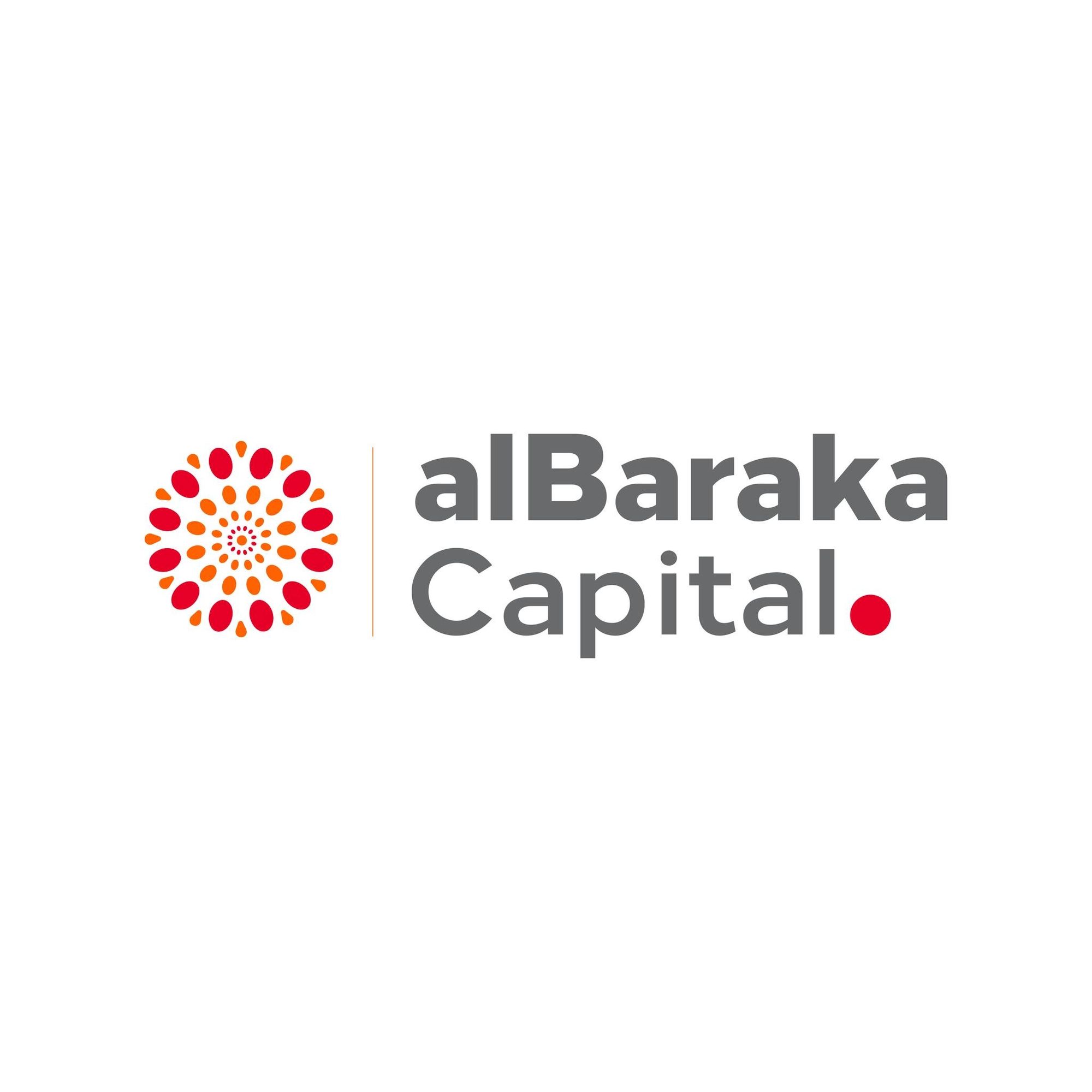Introduction
AlBaraka Capital, a subsidiary of AlBaraka Bank Egypt, has partnered with INVIA, a leading fintech company, to launch Egypt’s first Sharia-compliant Revenue Based Finance (RBF) Fund. This initiative is designed to support small manufacturing businesses, offering them a new and innovative way to access funding.
Addressing a Critical Market Gap: Tailored Financing for Small Manufacturers
Manufacturing small businesses in Egypt often face significant challenges in securing financing due to stringent traditional lending criteria. Recognizing this gap, the RBF Fund provides a unique solution by offering finance in exchange for a percentage of future revenues. This approach not only aligns with Islamic financial principles but also offers a more accessible and flexible funding option for small businesses, particularly those in the manufacturing sector.
Empowering Small Businesses: A Strategic Focus on Economic Growth
The launch of this Sharia-compliant RBF Fund is a strategic move aimed at empowering small manufacturing businesses, which are crucial to Egypt’s economy. By providing financial support and business guidance, the fund seeks to help these businesses scale, enhance their capabilities, and meet the growing domestic demand for their products. This initiative is closely aligned with the Egyptian government’s strategy to strengthen the industrial sector, contributing to sustainable economic growth.
Sarah Hosni, Managing Director of AlBaraka Capital, emphasized the importance of this partnership, stating, “By partnering with INVIA, we are committed to empowering manufacturing small businesses, which are the backbone of our local economy. The RBF Fund will provide the much-needed financial support to help these businesses overcome their challenges, enhance their capabilities, and meet the strong domestic demand.”
A New Approach to Islamic Financing: Shared Risk and Reward
The RBF Fund is structured in a way that promotes shared risk between investors and small businesses. By offering finance in exchange for a share of future revenues, the fund aligns with Islamic financial ethics while also providing a flexible and accessible funding option. This innovative approach not only helps businesses secure the capital they need but also ensures that both parties are invested in the success of the business.
Yehia Ashour, CEO of INVIA, expressed excitement about the collaboration, saying, “We are excited to collaborate with AlBaraka Capital on this pioneering initiative. We believe in supporting small businesses with innovative financial tools that fit their need for growth, in addition to providing business support to help entrepreneurs navigate the complexities of scaling their businesses.”
Legal and Structural Support: A Collaborative Effort
The legal structuring of the RBF Fund will be managed by Dreny & Partners, ensuring that the fund adheres to all necessary legal and regulatory requirements. This collaboration between AlBaraka Capital, INVIA, and Dreny & Partners represents a comprehensive approach to launching a fund that is both innovative and compliant with Sharia principles.
Driving Economic Progress: A Commitment to Egypt’s Industrial Sector
The launch of this Sharia-compliant RBF Fund marks a significant step in driving economic progress in Egypt. By focusing on the manufacturing sector, which is crucial to the country’s industrial landscape, the fund aims to contribute to sustainable economic growth and strengthen the overall economy. AlBaraka Capital and INVIA’s commitment to offering tailored, innovative financial solutions demonstrates their dedication to supporting the development of small businesses and enhancing the industrial sector in Egypt.
Sarah Hosni further highlighted the strategic importance of the fund, stating, “This fund represents our innovative approach to offering Sharia-compliant financing solutions to small businesses, specifically tailored to support the manufacturing sector, which is crucial to sustainable economic growth. By aligning with the government’s strategy to bolster this sector, we are committed to driving economic progress and enhancing the overall industrial landscape in Egypt.”




